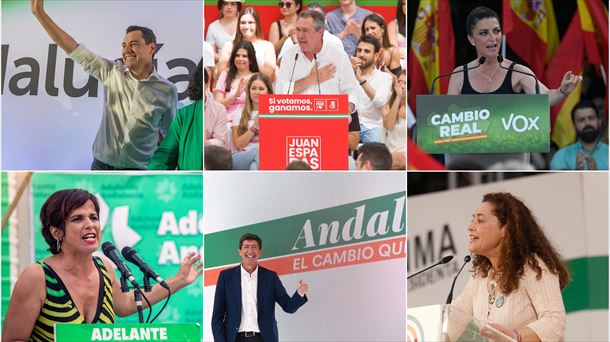The summit on the future of the car industry, initiated by Chancellor Karl Nehammer (ÖVP), will take place on Wednesday afternoon. Criticism was leveled even before the talks, especially from the opposition parties in the National Council and environmental groups. The ÖVP is “very far removed from the people and their real concerns,” said NEOS spokesman Gerald Loacker.
Instead of a car summit, the NEOS recommends a first aid meeting. For example, people who are ill would no longer receive a free bed in a hospital or would have to wait forever for an appointment because there is no staff. In addition, some companies would have to close earlier or for whole days.
In its broadcast, the FPÖ goes more into the actual subject and criticizes the summit as “stubbornly staged” and “cheap show”. As so often, the realization of Nehammer comes much too late, too timid and totally discouraged,” said party leader Herbert Kickl. The ÖVP is said to have contributed to several motor vehicle-related tax increases.
Countermeasures announced
Criticism of the car summit also came from Upper Austrian environmental councilor Stefan Kaineder (Greens), SPÖ environmental spokeswoman Julia Herr, the Green Economy and the environmental protection organizations Global 2000 and Fridays For Future Austria. For example, they referred to the “catastrophic energy balance” of e-fuels. Activists from the “Last Generation” and Fridays For Future Austria announced countermeasures.
The summit, which is welcomed by the Chamber of Commerce and the Federation of Austrian Industry, among others, is about the future of the automotive industry in Austria. Representatives from science and industry will speak, such as Klaus von Moltke from BMW Steyr, Martijn van Koten from OMV and Wilfried Sihn from the Vienna University of Technology.
This is how e-fuels come into play. These are synthetic fuels that are generated using electricity. This requires a lot of electricity: one liter of e-fuel requires 16 to 27 kilowatt hours of electricity. It only makes sense to use it if there are no alternatives. Most of the e-fuels will be needed “for aviation and shipping”, this will be “an insane challenge”, according to AVL list manager Jürgen Rechberger in the trade journal “Auto & Wirtschaft”.
From 2035, no new petrol or diesel cars may be sold in the EU. At the end of March, EU countries finally decided to largely phase out new cars with internal combustion engines after Germany blocked the decision for weeks. According to the compromise reached, new cars with internal combustion engines can still be registered in the EU after 2035 if they run on e-fuels.
Source: Krone
I am Ida Scott, a journalist and content author with a passion for uncovering the truth. I have been writing professionally for Today Times Live since 2020 and specialize in political news. My career began when I was just 17; I had already developed a knack for research and an eye for detail which made me stand out from my peers.


